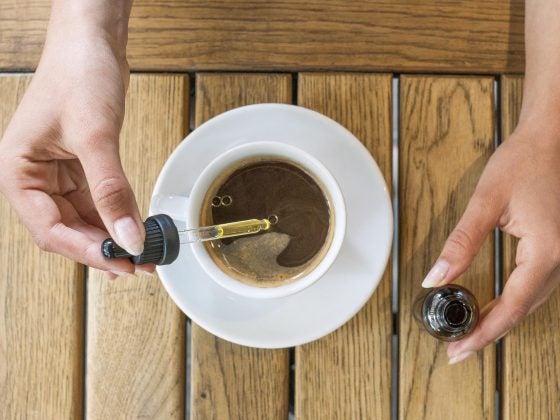With the rise of mental health awareness and resources becoming more available, such as free drug rehab and trauma-informed care, those with a substance use disorder can receive fair-priced professional help easier than ever before.
Entering a treatment program is a great way to gain physical sobriety and start a substance-free life. However, if you have a loved one in addiction recovery, they’ll need a support system to help them stay sober.
Even if you don’t have a substance use disorder (SUD) or aren’t familiar with addiction recovery, you can still be part of the support system. This usually starts out with what you say and how you say it. Below we’ll go over six phrases you can say to someone in addiction recovery.
Understanding a Substance Use Disorder
It may be hard to identify with a friend, partner, or family member who is in addiction recovery. For many, substances don’t lead to an addiction. So you may wonder why your loved one can’t just quit. It’s because someone with a substance use disorder cannot control their substance use. Even if they have run into physical, mental, emotional, social, or authoritative trouble, they’ll still feel the strong pull of cravings.
In the same way that someone with a broken arm will have a doctor examine and help nurture it back to health, someone with a substance use disorder should seek out professional help. Understanding that an SUD is a medical disorder will help you speak to your loved one in recovery with compassion and understanding.
6 Things to Say to Someone in Recovery
In a 2019 survey on drugs and health, it was reported that 11.5% of Americans had a SUD or substance issue. Illegal drug use was also high in 2018, with 11.7% of people aged 12 years or older ingesting an illicit substance at some point.
When any of these people enter treatment, they’ll need lots of words of affirmation and support. So here are six things you can say to someone in addiction recovery.
1. “I’m here for you”
The number one thing someone in recovery needs to know is that they are not alone in their journey. Saying this can make them feel not so isolated. They’ll feel they have someone in their corner that they can confide in if things get uncomfortable.
2. “I sense that you are struggling”
For some with an addiction, articulating their feelings is not easy, especially in the first few months of treatment. Sometimes this bottling up of emotion can lead to a relapse. Asking if they’re struggling with anything can spark a much-needed conversation.
3. “Do you want to get help?”
Asking your loved one if they want to get help puts the power in their hands. No matter how much we may try to get our loved ones to see the value in sobriety, they must be the ones to make that decision. Even if we think they need help, it’s up to them to make that step. If they don’t think they need help or are wary of seeking treatment, it can lead to a faulty or unsuccessful recovery.
4. “How can I support you?”
Oftentimes, someone in recovery needs help readjusting back to normal life. Tasks such as showing up to doctor’s appointments, grocery shopping, or filling out job applications can be extremely difficult.
Reaching out and offering help can ease their stress and help prevent a relapse. You don’t have to do the task for them, but lending them a hand can help them become more independent.
5. “I believe you can do this”
Hope comes in many forms. Sometimes a simple affirmation is enough to reverse the feelings of wanting to use. Someone in recovery can always use a pat on the back and encouragement to move forward with their sobriety, despite experiencing challenges. Knowing that they have your full support can embolden your loved one to believe in themselves, too.

















